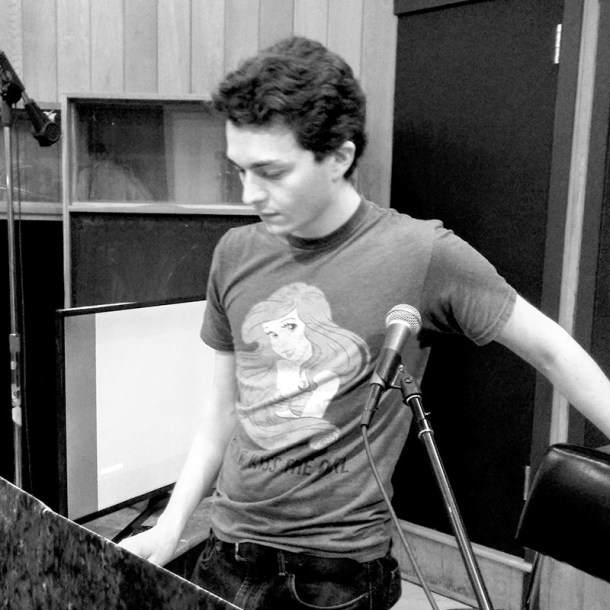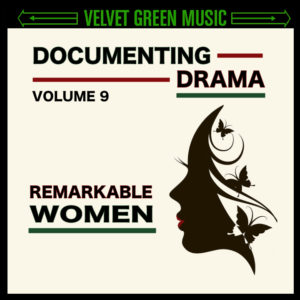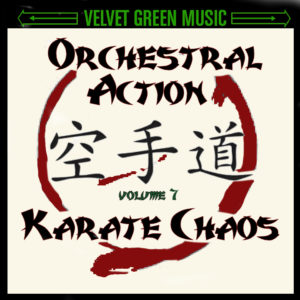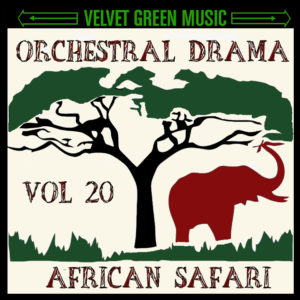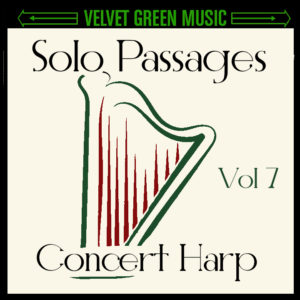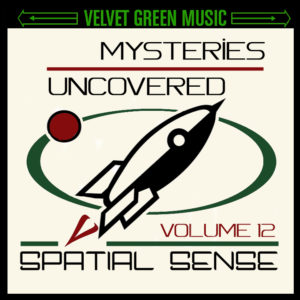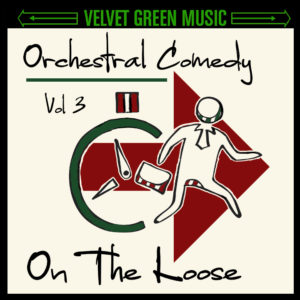Likes: Hitchcock Movies & Tigers
Dislikes: White Russians without Kahlua (this has happened before)
Favorite Food: Caesar Salad with Steak
Favorite Quote: “When you control the mail, you control INFORMATION!” – Newman
Zev Burrows is a composer and lyricist for stage and screen. With his original compositions featured on major network and cable television channels including PBS, Netflix, NBC, BBC, and ABC, he received his Bachelor of Music from Berklee College of Music, and has composed the scores for many award-winning projects, including the animated short film “Fox Tale” (finalist for 2015 CG Student Awards Best Film of the Year), and the Directors Guild of America award-winning short film “Absent” directed by Sudarshan Suresh. A graduate of many acclaimed industry workshops and programs (ASCAP, BMI, Dramatists Guild, SCL), his recent credits include scores to the Gallery Players’ feature film production of “Macbeth”, and additional music/orchestrations for the feature documentary “Sky Blossom“, directed by MSNBC news anchor Richard Lui. In 2018, Zev also composed original music for Massachusetts Institute of Technology’s (MIT) Online Course Development.
For his work in musical theatre, Zev is an inaugural member of Theatre Now‘s National Musical Writers Group. His musical “The Pledge” was selected for the Madison New Works Lab at James Madison University for 2019, where it received a two-week workshop and two performances. Most recently, his 10-minute musical “J & Dot” tied for Best Play at the 2020 Woodside Players Summer Festival, and his musical “A Broken Play” was featured as part of the Dramatists Guild’s Friday Night Footlights Reading Series in February 2021. A member of ASCAP, ASMAC, SCL, and the Dramatists Guild, Zev resides in New York City. He also regularly writes for MPATH Music Library, 4 Elements Music, Mibe Music, Atomica Music Library, and Amadea Music Productions.
Zev Burrows – Velvet Green Music Artist Interview
Digital Audio Workstation (DAW) of choice
Digital Performer
Favorite Media Composers
Bernard Herrmann
Stephen Sondheim
Zbigniew Preisner
Jerry Goldsmith
Thomas Newman
Alan Menken
Randy Newman
John Williams
Ennio Morricone
Joe Hisaishi
Shirley Walker
Nino Rota
Alan Silvestri
Mica Levi
Alexandre Desplat
Carter Burwell
Favorite Scores
Vertigo, The Ghost and Mrs. Muir, North by Northwest, Hangover Square, Psycho, Fahrenheit 451, Citizen Kane – Bernard Herrmann
The Natural – Randy Newman
Three Colors: Red, The Double Life of Veronique – Zbigniew Preisner
Rudy, Total Recall, Basic Instinct – Jerry Goldsmith
The Mission, Once Upon a Time in America – Ennio Morricone
Raiders of the Lost Ark – John Williams
The Grand Budapest Hotel – Alexandre Desplat
Miller’s Crossing, Fargo, A Serious Man – Carter Burwell
Beauty and the Beast, Aladdin – Alan Menken
Back to the Future – Alan Silvestri
Little Women, The Shawshank Redemption, How To Make An American Quilt, Meet Joe Black – Thomas Newman
Batman: Mask of the Phantasm – Shirley Walker
Romeo and Juliet – Nino Rota
How to Train Your Dragon – John Powell
The Lion King, The Prince of Egypt – Hans Zimmer
The Cider House Rules – Rachel Portman
Spirited Away, Princess Mononoke – Joe Hisaishi
Kubo and the Two Strings – Dario Marianelli
The Adventures of Robin Hood, Captain Blood – Erich Wolfgang Korngold
Pinocchio – Leigh Harline, Need Washington, Paul Smith
Mary Poppins – Sherman Brothers
Lawrence of Arabia – Maurice Jarre
Casablanca – Max Steiner
The Iron Giant – Michael Kamen
Discuss your personal creative workflow
I like a balance of writing film scores, musicals, production library music, and incidental music for plays. In each case, I usually like to start by getting a theme down on pencil and paper (either in lead sheet form or grand staff) and then go to Finale or Digital Performer and realize the mock-up.
Define you personal sound
I try, whenever possible, to bring a sense of theatricality to my film music, and a cinematic quality to my musical theatre work.
Outline your approach to scoring to picture
Carter Burwell once said “when music pointedly ignores the actions of a film it implies something else is going on underneath, something maybe more important.” I’m positive Bernard Herrmann and Thomas Newman also felt similarly, and it has greatly influenced my own approach to scoring. I like to have the director involved as much as possible, and have them talk in dramatic terms as much as possible, more than musical terms.
Describe how you tackle a creative brief
For me, listening for instrumentation and harmonic language are the most important aspects. Absorbing those first usually helps me devise a melody and chord structure as well as a tempo.
Discuss the theme of your Artist Series album
My Artist Series release is in tribute and homage to the film scores of Oscar winner Alan Menken, one of my life long heroes and the person whom I’ve modeled my career the most on as both a film and musical theatre composer. I devised several song-like themes to help tell the story as if it were a movie musical, much like The Little Mermaid, Beauty and the Beast, and Aladdin. I love writing material that’s highly melodic, and I couldn’t find an album in the catalog that had yet covered this unique subgenre of film scoring.
Discuss your approach to time management when composing
I often enjoy juggling multiple projects. If I’m working on a musical, then I enjoy taking a break from it every so often to score a short film or work on a few library tracks. It helps keep my brain cells working, especially if I run into a creative block with my main project.
Discuss gear that is important to your workflow
I’ve been a Digital Performer user for nearly 5 years. It’s my go-to piece of software, namely for the Chunks and V-Rack features, which are ideal for housing multiple cues (or songs for a musical). My template is a combination of Cinesamples, LA Scoring Strings, the Vienna Symphonic Library, Spitfire, Cinematic Studio Strings, and many other instances of Kontakt, as well as some of my homemade samples.
Offer any advice to fellow artists
Being early is way better than being on time. Also, when dealing with constructive criticism, leave your ego at the door, and show that you are open to improvement, whether it be in composition, orchestration, or programming. Also, if you are signed with a library, if you have nothing to do, you can always work on a library track.

